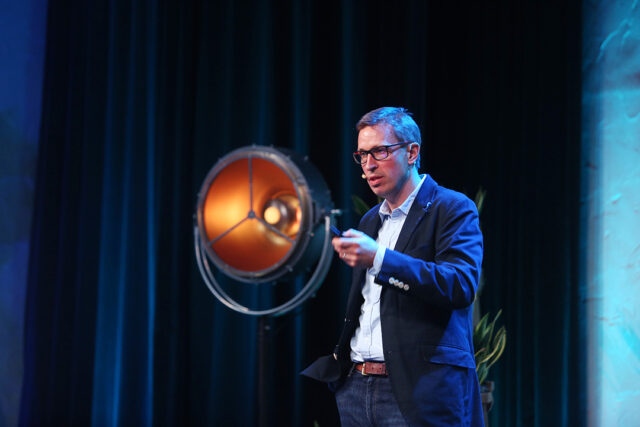South Korean tech giants are positioning themselves to compete with other major chipmaking markets—as well as each other—in a decade of exponential artificial intelligence-driven demand for semiconductor components.
The global semiconductor market reached $604 billion in 2022. That year, Korea held a global semiconductor market share of 17.7% and has continued to rank as the second largest market for semiconductors in the world for ten straight years since 2013.
Recently, Samsung’s Q1 2024 earnings revealed a remarkable change of pace in the corporation’s semiconductor division. The division posted a net profit for the first time in five quarters. Previously, Samsung’s returned its chipmaking profits into building the necessary manufacturing infrastructure to catch up with its domestic and foreign competitors.
However, a report in Korean tech news outlet Chosun noted over the weekend that Samsung “still needs to catch up with competitors who have advanced in the AI chip market.” In particular, Samsung still lags behind its main domestic competitor, SK Hynix, in the high-bandwidth memory (HBM) manufacturing sector.
Right now, SK Hynix is the only company in the world supplying fourth-generation HBM chips, the HBM3, to Nvidia in the US.
The race for HMB chips
HBM chips are crucial components of Nvidia’s graphics processing units (GPUs), which power generative AI systems such as OpenAI’s ChatGPT. Each HMB semiconductor can cost in the realm of $10,000, and the facilities expected to house the next generation of AI platforms will be home to tens of thousands of HMB chips.
For example, the recent rumours surrounding Stargate, the 5 GW, $100 billion supercomputer that OpenAI wants Microsoft to build it to unlock the next phase of generative AI, is an extreme example, but nevertheless hints at the scale of investment into AI infrastructure we will see in the next decade.
Samsung lost the war for fourth generation HMB chips to SK Hynix. Now, the company is determined to reclaim the lead in the fifth-generation HBM (HBM3E) market. As a result, the company is reportedly aiming to mass produce its HBM3E products before H2 2024.
- Data & AI
- Infrastructure & Cloud











